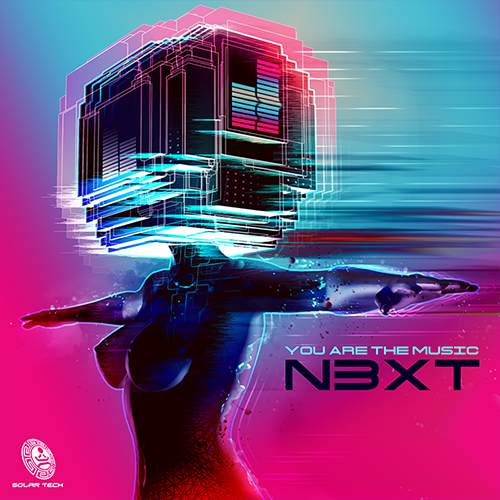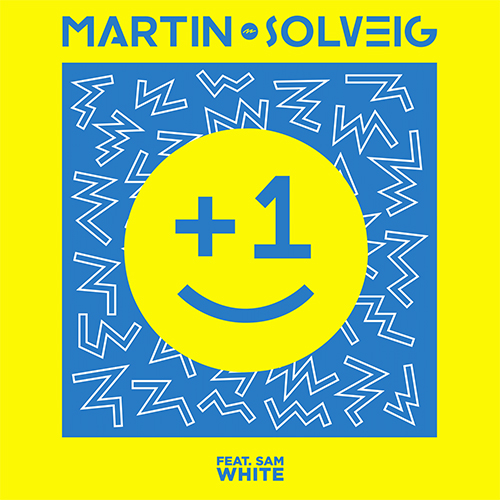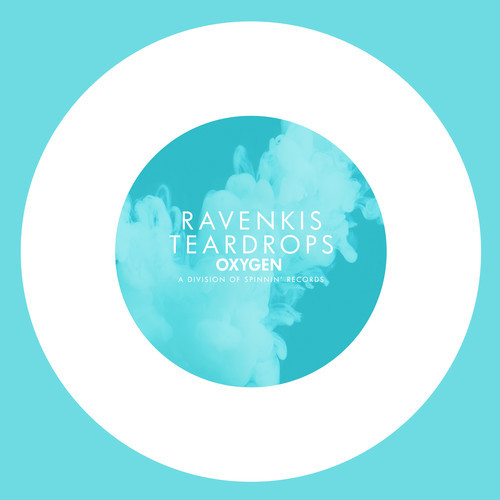-
 play_arrow
play_arrow
Clubalicious Clubalicious Radio
-
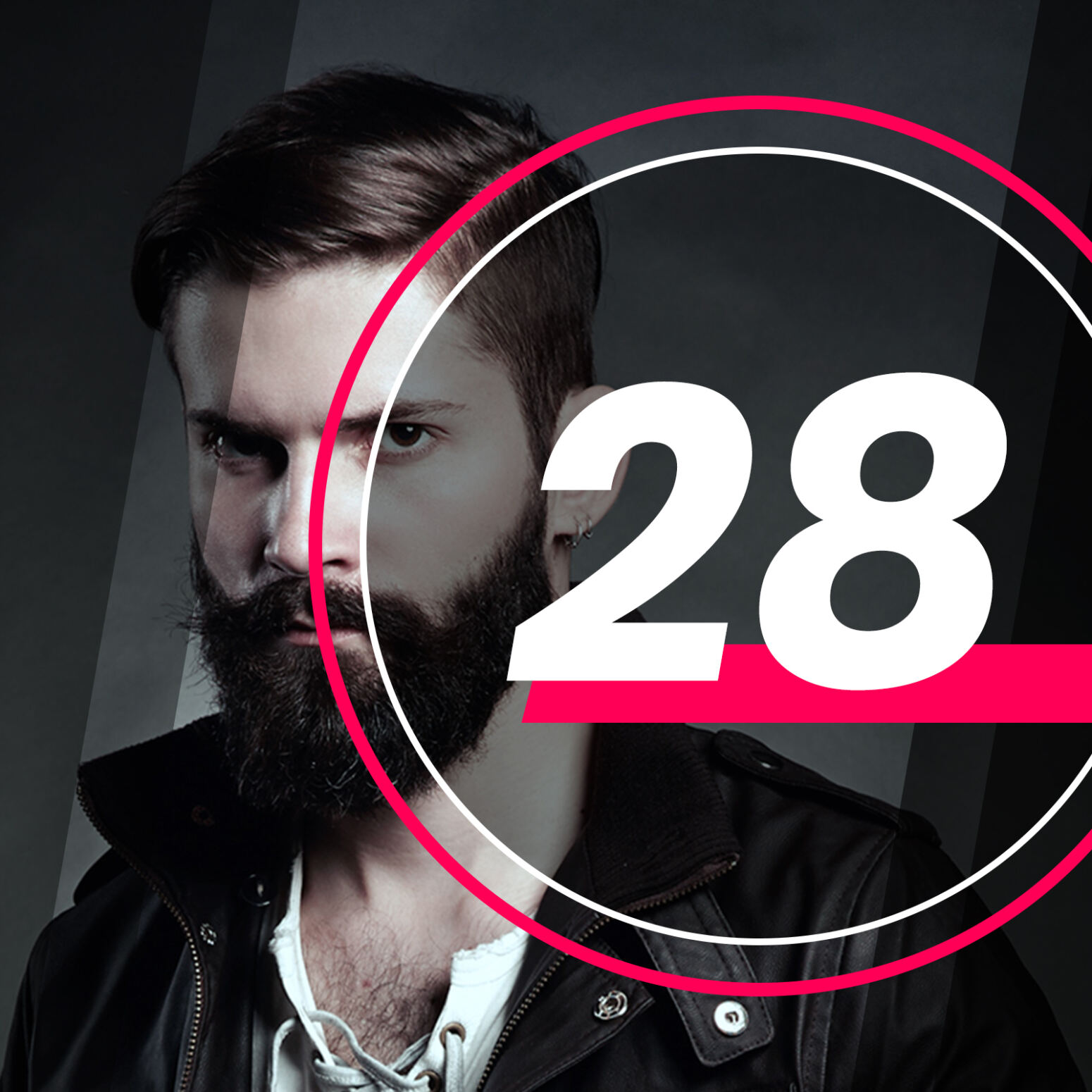 play_arrow
play_arrow
London Calling Podcast Yana Bolder


New York, NY (October 7, 2024)—Yesterday evening was gorgeous in New York City, with an amber setting sun and cooler temperature that showed fall is finally here. For a few dozen students from NYU and PowerStation at Berklee NYC, however, it was time well-spent indoors, as they were invited to an event at Audio-Technica’s new gorgeous engagement space, Technica House. The focus of the evening were Josiah Gluck, co-music engineer for Saturday Night Live, and Teng Chen, associate music production mixer for Saturday Night Live. Interviewed by A-T’s artist relations manager Roxanne Ricks for 90 minutes, they shared fascinating insights into working on the famed comedy sketch show, now in its 50th season, sharing what they do, how they do it and more, including a few great stories involving household names like Prince.

In particular, Chen’s comments on how she broke into the industry, overcame having a lack of female role-models, and ultimately how she decided to be her authentic self in her workplace were fascinating and instructive—enough so that they’ll appear here as a separate blog here soon.
For audio pros from every background, whether veterans or emerging engineers, the growing specter of AI is a topic that has many concerned. It was that very topic, in fact, that led Gluck, an audio pro at SNL for more than 30 years, to recount a career highlight: Working with Prince during the artist’s second appearance on the show, in 2006.
Inside Power Station at BerkleeNYC
While it made for a fascinating war story of meeting an artist’s demands (and also saving the day), Gluck used the tale as a way to highlight why AI may always have limits when it comes to interacting with humans, creative and otherwise:

[The following has been lightly edited for clarity]
He came on the show years ago, and, you know, it’s a little nerve-wracking because it’s going to be Prince! In the course of setting everything up, he says that he wants the mix that I’m putting out on the air to be the same mix that is being shipped to Front of House and to the monitors on stage.
Now I have to think, ‘Okay, how am I getting a stereo fold-down mix to him?’ I can’t make it a stereo mix and send him my air mix, because what if he wants to hear something more or less well? He may want to hear a ton of kick, but I can’t push that up. I devise on aux-sends a left-right-center-sub-surround—all of that stuff—and make a fold-down sending anything I have to the center down. I carefully on the Lawo have this and then that goes out to the world. If he wants to hear more or less of something, I can do that on the individual send, but I have to do it carefully and accurately within the 5.1 fold-down arteries that I have set up. This all works out very nicely.
Then on Saturday, he comes in to listen, and I don’t know what it’s going to be like. First, he has a very firm handshake! Very firm handshake—cordial, but all business. We start playing music back with his mixer who was great and very helpful, but also you could tell he was just like, at any point, I’m being marched into the cellar and taken out. Prince turns to him and says, ‘Where are the doublers on the guitar?’ ‘We don’t use doublers on the guitar.’ ‘Oh, yeah, we do; we do have doublers on the guitar.’
We were listening to literally a cassette recording off a board at Paisley Park, and I think what Prince had fallen in love with was hearing a lot of slapback coming into the mics from the big room. I go, ‘Well, I have this vocal doubling effect on one of my reverbs,’ so I toss on this thing that I normally use for vocals—10 milliseconds, 17 milliseconds, let’s say up five cents, down five cents—and he’s like, ‘Yeah, that’s good; that’s fine. Let’s do that.’
Then he’s asking me, ‘Can we get these crunchy? I need to hear the guitars really crunchy.’ I know he wants me to overdrive an old Neve preamp or something, but I can’t do that—I’m at a digital console, so this is just gonna crap out. And then he wants the snare drum really dark. At a certain point, I say, ‘Could you meet me halfway? Could we just make this simple?’ He says, “Yeah, do what you’ve gotta do.’
In the meantime, I keep hearing the phone ring and our boss is getting it, answering, ‘Well, no, not right now’ and hanging up the phone. I look up and I see on the main monitors that they’re trying to get us to move off playing this stuff back and listening, because they’ve got the band ready to go.
I say to Prince, ‘I’m really sorry, man, but I gotta do this other thing. I gotta work with this.’
He says, ‘No, it’s okay.’
And I say, ‘Well, are we cool here? Because, honestly, I think we’re gonna singe all living matter within a quarter-mile radius of this place tonight.’ He says, ‘Yeah, that’s cool. I like that—all living matter, yeah!’ And he starts laughing! I consider one of my greatest career achievements is getting Prince to laugh!
I turn and look behind me, and there’s a bunch of SNL talent people and some of his people, and they’re all sitting there like [makes ‘whoa’ face] and I just wanted to go, ‘Hey, I got my man to laugh! Can you do that?’ And we moved on, and everything was fine.
Then on-air, this is where it gets nuts.
[The plan is] he starts camera right, stage left and walks across after playing the synth and picks up his guitar and starts playing. Right before we start, I hear crackle over the intercom: ‘He’s going to plug in his guitar when he gets to center stage. Don’t open up the guitar yet.’ I’m like, ‘Okay, fine.’
They start, it’s ‘Ladies and gentlemen, Prince!’ He walks over, picks up the guitar, I open up the fader—and I’m like, ‘Where’s the guitar? Where’s the guitar?’ And then I hear over the intercom, ‘He didn’t plug in! He didn’t plug in!’
I whip the fader down, and I’m watching and listening. You see him go plug it in and start to play. Then—and this will take so much more time to discuss than it actually took in my head to think of—I think musically and consider where he’s playing that will make [bringing him up in the mix] work, so that he doesn’t just cut in.
Now, recently, I was at a conference in Detroit…and someone was discussing, well, what about using AI for mixing? I was like, ‘Excuse me,’ and I recounted this tale of Prince not plugging in properly—and then I said, ‘Now, I don’t know if AI can accurately say, “Oh, he’s not playing. Let me bring this down. Let me listen to where we are in the music. Let me call on my vast nanoseconds of experience and see when I think I can open this fader up.”’
So to me, I feel there are certain areas and things that we do where the human touch, the human experience, and the base of knowledge is simply not going to be superseded…. That one thing right there is [is an example of] where experience, keeping your head on and not freaking out will you get through it.
Written by: Admin
Similar posts
Recent Comments
No comments to show.Featured post
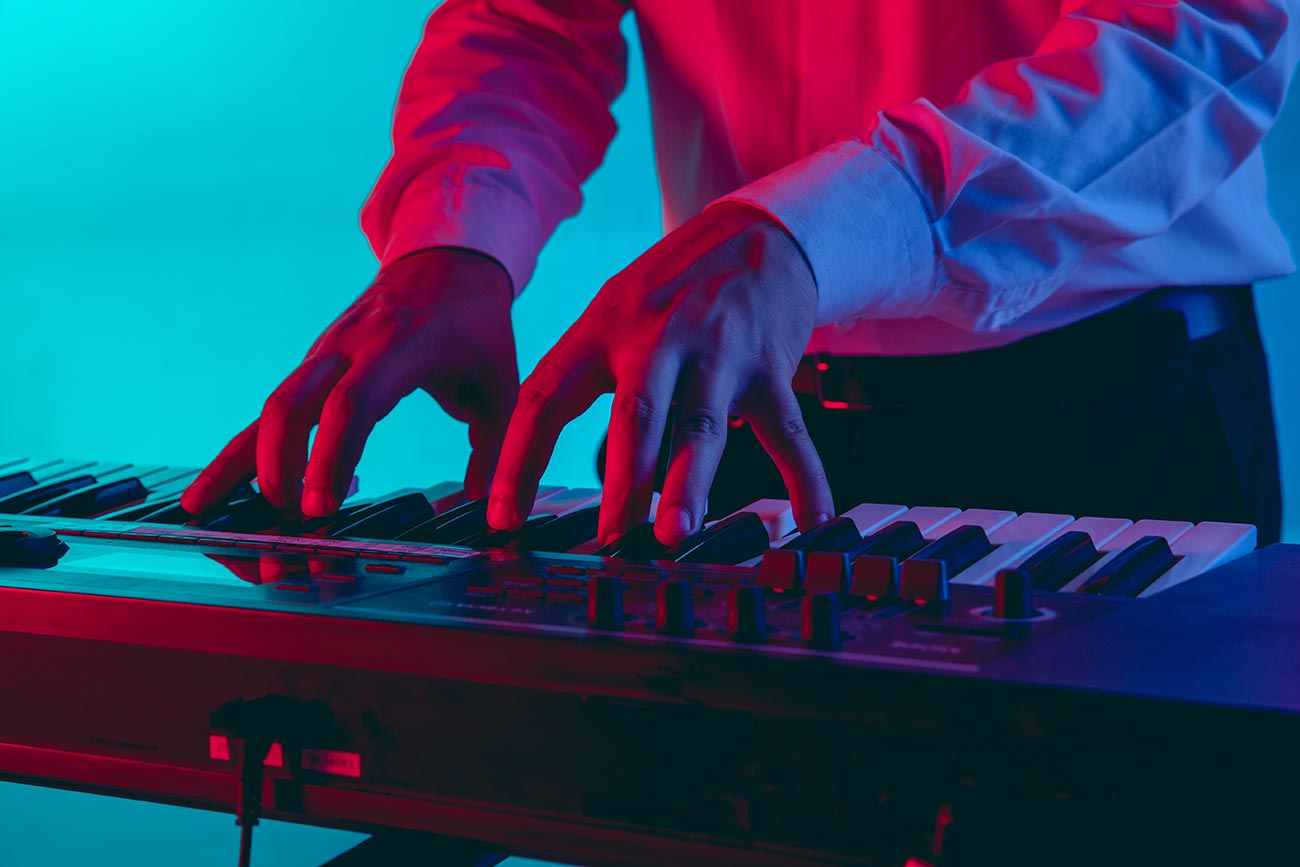
Latest posts
Current show
Upcoming shows

Fresh Is Fresh
THIS WEEKS HOTTEST DANCE RELEASES FROM DEE JAY PROMOTIONS
11:00 - 16:00
Future Disco
Carley Foxx
16:00 - 17:00
Finnish Dance Chart
Top 40 Hottest Dance Tracks In Finland
17:00 - 19:00
Femme House
Lp giobbi
19:00 - 20:00
Day Dreaming Radioshow
Day Dreaming Radioshow
20:00 - 22:00Chart











